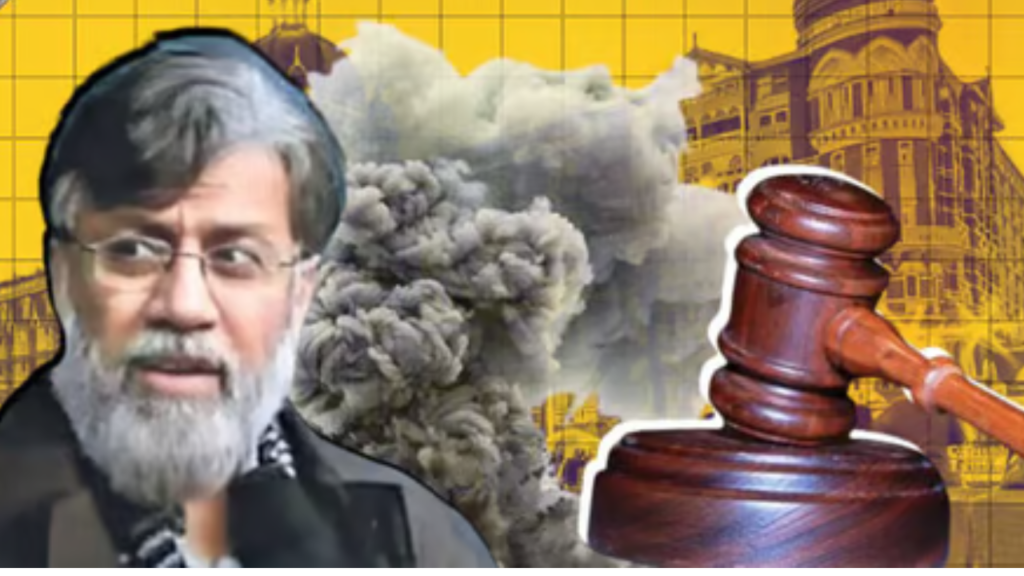
In a big development, the US Supreme Court has given the green light for Tahawwur Rana, convicted in connection with the 2008 Mumbai terror attacks, to be extradited to India. This marks the end of a lengthy legal battle for Rana, who had exhausted all his options in lower courts before taking his case to the country’s highest court.
Rana, a Canadian national of Pakistani origin, is wanted by Indian authorities for his alleged role in supporting the horrific attacks that left 166 people dead and hundreds injured. He has long been accused of working closely with David Coleman Headley, a key figure in the attack and a member of Lashkar-e-Taiba (LeT), a Pakistan-based terror group.
Rana’s legal troubles date back years, but this latest decision effectively shuts the door on his efforts to avoid extradition. On January 21, the Supreme Court denied his petition to overturn earlier rulings that allowed his extradition. This decision came after US Solicitor General Elizabeth B. Prelogar urged the court in December to reject Rana’s plea, saying there was no valid reason to block the process.
The US Court of Appeals for the Ninth Circuit in San Francisco had earlier upheld a ruling in favor of extraditing Rana. Even after losing there, he tried to buy time by filing appeals in federal courts. But with this latest ruling, his legal avenues have run dry.
Rana’s lawyer, Joshua L. Dratel, had argued against extradition, claiming his client would face unfair treatment in India. However, these arguments didn’t convince the US legal system. Prosecutors have emphasized Rana’s connections to the masterminds of the 26/11 attacks, presenting evidence that painted him as a co-conspirator.
The Indian government has been pursuing Rana’s extradition for years, seeing him as a vital piece of the puzzle in its investigation into the attacks. Officials believe his trial in India will bring further clarity to how the attacks were planned and carried out.
The 2008 Mumbai attacks were among the deadliest terrorist incidents in modern history. Over the course of four days, gunmen targeted high-profile locations, including the Taj Mahal Palace Hotel, the Oberoi Trident, and Chhatrapati Shivaji Terminus. The tragedy drew worldwide condemnation and left a lasting scar on the city.
Rana’s connection to the attacks stems from his alleged involvement in helping Headley, who conducted reconnaissance missions in Mumbai ahead of the attacks. Headley, who cooperated with US authorities in exchange for a lighter sentence, provided testimony that implicated Rana.
For India, bringing Rana to trial is seen as an important step in delivering justice to the victims and their families. The government has assured the US that Rana will receive a fair trial and that his rights will be respected.
With the Supreme Court’s decision, all eyes are now on the next steps in the extradition process. While the exact timeline remains unclear, the ruling brings India closer to holding Rana accountable for his alleged role in one of the darkest chapters of its history.
As the extradition moves forward, many hope it will send a strong message about global cooperation in the fight against terrorism.